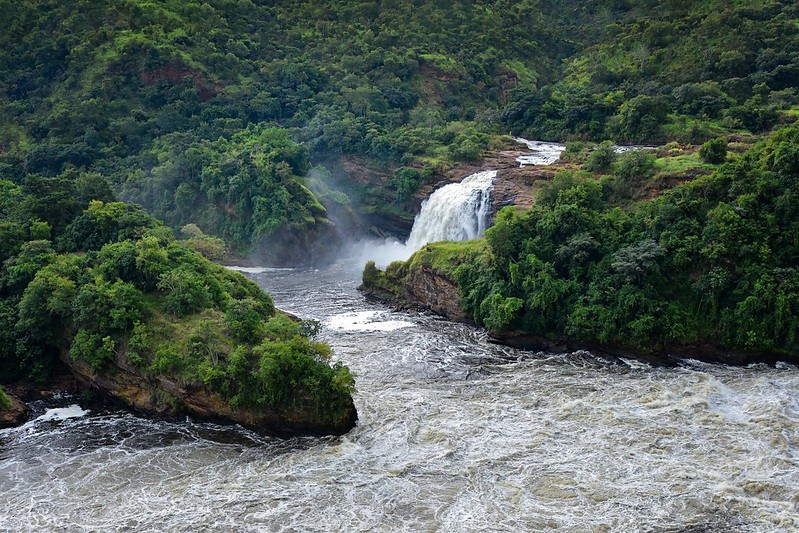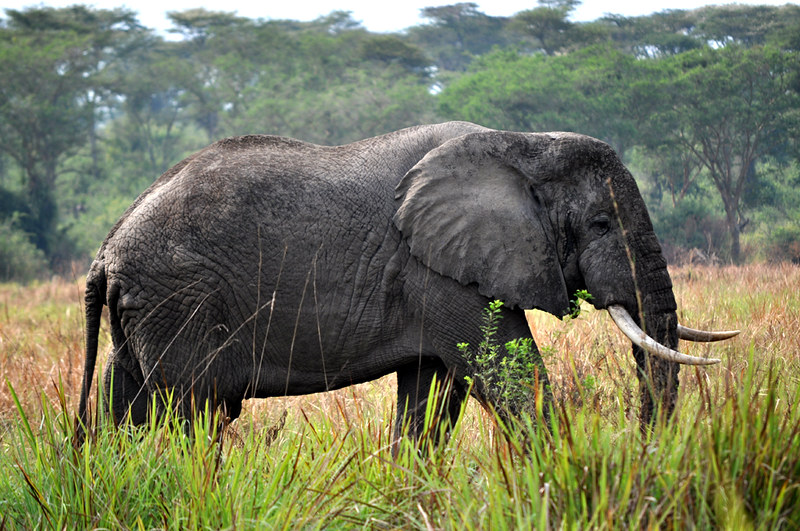3 Days Game safaris and falls, Murchison falls. Located at the foot of the Albertine…
Customs Kit Clearing in Uganda and Rwanda.
Customs Kit Clearing in Uganda and Rwanda.
Processing of customs kits in Uganda —Prior to their planned shoot, production companies and film crews must temporarily vacate the nation of all shooting equipment. Once you inform Monumental Expeditions and Safaris of the specifics of your shooting plan in Rwanda and Uganda, we will assist you in obtaining this and clearing your equipment with the customs.
You won’t have any problems shooting in Uganda because of our extensive expertise at Monumental Expeditions and Safaris with managing and assisting film crews. Upon your arrival at the airport, our top-notch clearing agent will take care of your gear and clear it through customs.
The Ugandan customs clearance process, Please email us a list of all the equipment you intend to bring to Uganda or Rwanda for a shoot. The list should include the name, serial number, and value of each piece of gear.
We will then transmit this list to our clearance agency for review. After the assessment is complete, we will notify you so that you may proceed with the payment, which is often a certain percentage of the entire kit cost.
Upon your arrival in Kigali, Rwanda, or Entebbe, Uganda, our clearing agent will be waiting for you at immigration or customs. He will guide you through the clearing process, and he will be present again on the day of your departure to ensure that all legal procedures are followed and the kit departs the country without a hitch.
Evaluation of International Journalists
![]() No individual employed by or working as a freelancer for a foreign mass media organization is permitted to practice journalism in Uganda without a valid accreditation card issued by the Uganda Media Council, as stated in Section 29 of the Press and Journalist Act, Cap 105.
No individual employed by or working as a freelancer for a foreign mass media organization is permitted to practice journalism in Uganda without a valid accreditation card issued by the Uganda Media Council, as stated in Section 29 of the Press and Journalist Act, Cap 105.
The accreditation card in question may be obtained by meeting the requirements set forth by the Uganda Media Council, which include making a payment.
When it comes to accrediting international journalists, the Uganda Media Center and the Media Council of Uganda collaborate closely. Both the Media Council and the Media Center have accreditation forms available, so you may pick one up at their respective offices or online.
No damage will come to the journalists if they first contact the Media Council or the Media Center. Payment of the required fees and issue of an accreditation card mark the completion of the press accreditation procedure at the headquarters of the Uganda Media Council.
The Accreditation Process and Necessities:
The journalist’s employer must write a letter explaining the journalist’s visit to the secretary of the Uganda Media Council.
To be delivered either physically or electronically, please include two passport-sized pictures and a scanned copy of your passport.
Send an email with the applicant’s details filled out on Form G.
A cost of US$175 per person is paid for a period not to exceed 30 days of the journalist’s stay, subject to permission by the Secretary to the Media Council of Uganda. If your stay is more than 30 days and up to six months, you will need to pay 225 US dollars per person. For two years, each individual must pay $325.
The Advantages of Being Accredited
When foreign journalists are accredited, they are better able to access official sources of public information, such as conferences, workshops, and trainings, and they are also better protected from legal action and granted special privileges while on the job.
Certification Requirements
Members of the following groups are qualified to get accreditation:
Journalists employed by media companies
Autonomous reporters
Individuals majoring in communication, journalism, or media
Experts in Public Relations
Public Relations Agencies
Media Education Instructors


